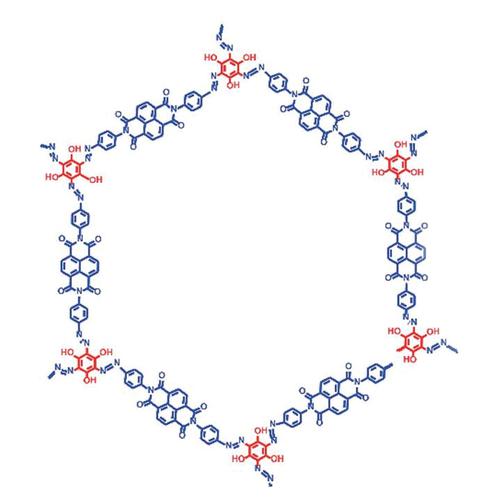MRS Bulletin ( IF 5 ) Pub Date : 2020-07-13 , DOI: 10.1557/mrs.2020.167 Lijuan Niu , Lu Sun , Li An , Dan Qu , Xiayan Wang , Zaicheng Sun

|
Sustainable and green energy sources are in high demand to meet the current human energy needs and environmental requirements. Hydrogen energy, with the highest energy density and zero carbon emission, is considered a potential solution. Hydrogen is primarily produced by splitting water. Rationally designed electrocatalysts are required to promote the cathodic hydrogen evolution reaction (HER) and the anodic oxygen evolution reaction (OER). Organic polymer matrices provide new opportunities for electrocatalytic water splitting due to their special physical and chemical characteristics and thermal stability. This article explains the role of organic polymers in electrocatalytic water decomposition from three aspects: ion-conductive polymers, conjugated conductive polymers, and carbon materials derived from organic polymers. We hope that this article will provide more rational ideas and promote the design of organic polymers for water-splitting electrocatalysis, and furnish more technical insights for the future of water electrolysis.
中文翻译:

使用基于有机聚合物材料的杂化催化剂进行电催化水分解
为了满足当前的人类能源需求和环境要求,对可持续和绿色能源的需求很高。具有最高能量密度和零碳排放的氢能被认为是一种潜在的解决方案。氢主要是通过分解水产生的。需要合理设计的电催化剂来促进阴极析氢反应(HER)和阳极析氧反应(OER)。有机聚合物基质由于其特殊的物理和化学特性以及热稳定性而为电催化水分解提供了新的机会。本文从三个方面解释了有机聚合物在电催化水分解中的作用:离子导电聚合物,共轭导电聚合物和衍生自有机聚合物的碳材料。



























 京公网安备 11010802027423号
京公网安备 11010802027423号